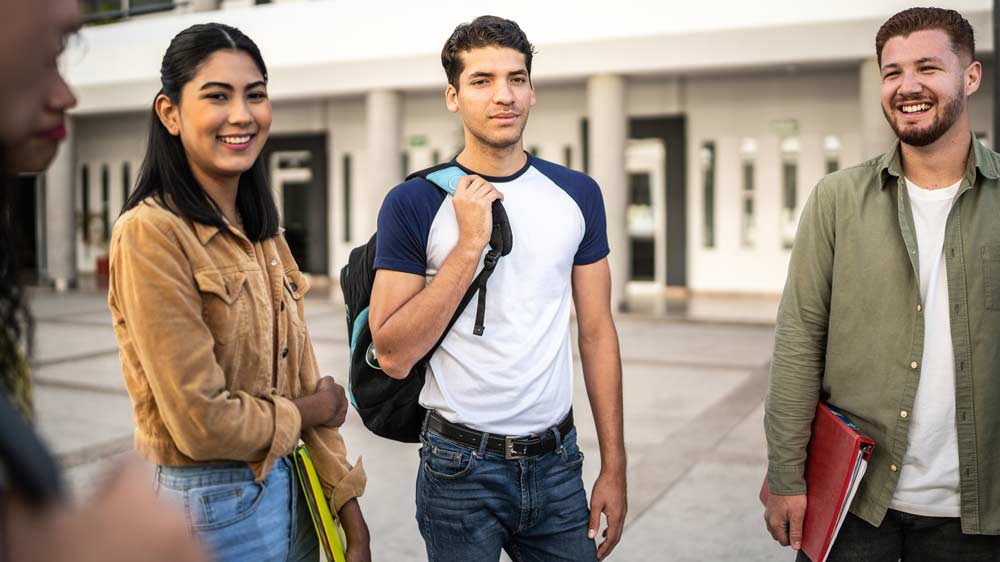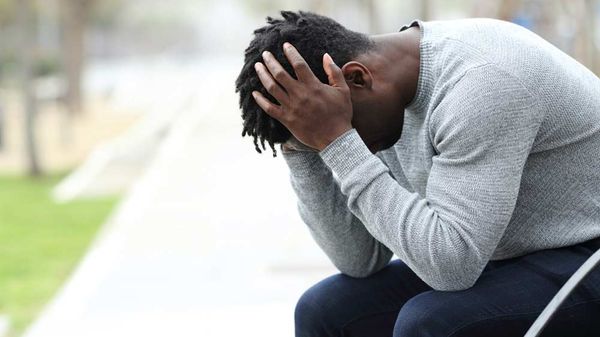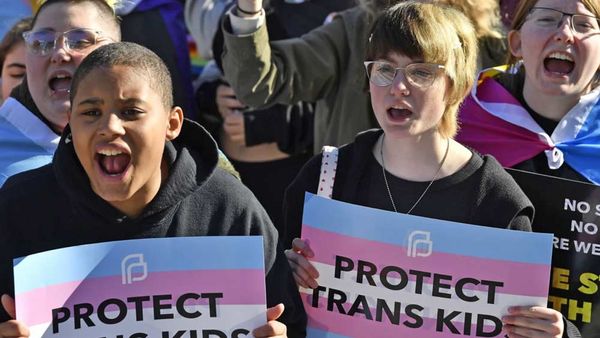
Mar 26
Understanding the Experiences of LGBTQ Students in Higher Education
READ TIME: 3 MIN.
It's a big and varied world out there, but the experiences of LGBTQ students at four-year colleges and graduate schools tell both sad and happy stories of overcoming hardship. There are more than 14 million college and graduate students, so it's important to understand the unique problems LGBTQ people face in order to make schools more welcoming. Based on the nationally representative Access to Higher Education Survey, this study digs into their experiences and sheds light on everything from the mental health problems of students to the general atmosphere on campus.
The Journey Through Four-Year Colleges
Choosing an Environment That Is Friendly
Every student's choice of where to go to college is very important, but for LGBTQ people, it often means looking for places where their identities are accepted and honored. According to the data, LGBTQ students are much more likely to choose schools in different cities or states. Many do this to find a more accepting environment or to get away from family situations that aren't helpful.
Dealing with Problems at School
Many LGBTQ students have a harder time in college than their straight peers because they are more likely to be bullied, harassed, and attacked. Such events have a big effect on them, hurting not only their sense of safety but also their mental health and their plans to do well in school. Even with these problems, schools often don't do enough to help. A lot of students feel like college administrators don't see their problems.
What housing and resources on campus do for you
Campus living becomes an important place for these fights because LGBTQ students are more likely to be bullied and harassed there. But it also shows how important LGBTQ-specific laws and tools are for making people feel safe and like they belong. Gender-inclusive rules, LGBTQ student groups, and resource centers are all very important in helping these students, but there are still some tools that aren't available, especially for transgender students.
Assignment Support is Also a Very Imperfect Part
LGBT students, like their peers, navigate the complex landscape of academia under the weight of societal pressures unique to their experiences. Amidst striving for academic success, they grapple with the dual challenges of social stigma and the rigors of coursework, feeling the acute pressure that comes with both. It is within this context that the notion of seeking assistance takes on heightened importance.
Many student support clubs emphasize the importance of mental health and advocate for pragmatic solutions to alleviate academic stress. They recommend that, when the pressure becomes overwhelming, students should consider the option buy assignment as a viable option to safeguard their well-being. This advice underscores the understanding that those already facing societal pressures deserve to utilize every available resource to support their educational journey, ensuring that their pursuit of knowledge does not come at the expense of their mental health. By embracing such support mechanisms, LGBT students can navigate their academic paths with resilience, harnessing online resources to their fullest potential in pursuit of success.
Experiences in Graduate School
Looking for Support and Acceptance
When people move on to graduate school, they often hope to find a more accepting and helpful community. However, LGBTQ students still face problems with acceptance, and many still feel like they have to hide or change parts of who they are to avoid being judged. It's also less usual for family to give money, which shows how important public help and resources are.
Mental Health and Being Included
Graduate schools have a slightly more open environment, with most LGBTQ students saying that the teachers and staff are helpful. Even so, unfair treatment and discrimination still happen, which hurts students' classroom experiences and sense of connection. Mental health is still a big problem. LGBTQ college students report more mental health problems than their non-LGBTQ peers, which shows how important it is to have helpful health and therapy services.
LGBTQ students face many problems while in college, such as picking a college that supports them and dealing with abuse and mental health issues. But it's also a trip marked by strength and the never-ending search for welcoming, helpful places to be. As colleges and universities change, they need to keep focusing on adding more resources, making policies better, and creating an environment of acceptance and support. Then we can be sure that all kids, no matter who they are, can get the education they want in a safe and supportive environment.







